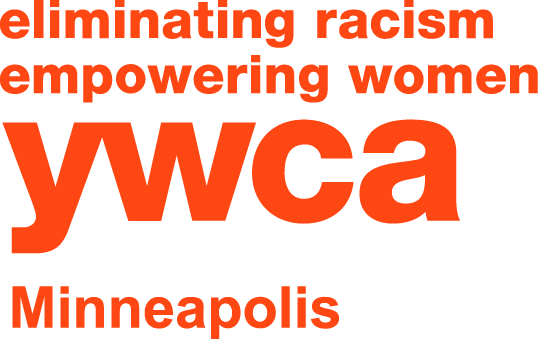Celebrating It's Time to Talk Day with Angela Davis
The venerable Angela Davis fittingly held court as keynote speaker of the 20th annualIt's Time to Talk: Forums on Race™ organized and hosted by YWCA Minneapolis. This year's conversation was facilitated by Professor Duchess Harris of Macalester College, who is also our YWCA Minneapolis 2022 Woman of Power award winner.
Gubernatorial Proclamation
In this banner year, the occasion garnered a proclamation from Governor Tim Walz, who declared Oct. 18, 2022 as "It's Time to Talk Day" in Minnesota.
Robust and Powerful
Drawing an audience of 750 participants, Davis and Harris engaged in a lively dialogue touching upon internationalism, climate change, the power of youth, abolition work, working class movements and Lizzo, as well as ruminations on how Davis interacts with her daily life. Attendees were keenly engaged and posed countless, intriguing questions in the virtual chat, asking Davis to reflect on her own youth, today's youth and how Minneapolis can move beyond the painful gravity of recent events.
No Arrival Point
From the start, Davis was clear in conveying the need to view abolition work, justice work as ongoing and cyclical. She gave the example of the historic election of President Barack Obama and the movement that ascended him to our nation's highest office but then disappeared once he was elected.
"Many of us are critical of what he did or didn't do. But I’m also critical of us for not building the kind of movements that would have forced him to shut down Guantanamo. It's important to see the connection is organic. You don't have a movement to elect someone and have them carry the ball. You continue to do that work."
Professor Harris deftly recalled the time when Davis told her university students, "We are not looking for a prophet." To which Davis replied, "You're absolutely right. It's a way of abdicating our own responsibility. People think now that we have this person elected, we don't have to do any more. It's a prophet syndrome that allows us to abdicate our political responsibilities."
Doing Things Differently
When asked what Davis would do differently about political declarations that she made as a younger woman, Davis first said, "I thank the person for that question." And, then said,
"My answer is nothing. I didn't know then what I know now."
Reparations?
Professor Harris asked, "What could reparations look like at this point in American history?" Davis answered, "I would make the point, it can't be an individualistic approach. It would make little sense to give individuals money. It would not produce. Collective justice would entail transforming institutions and structures. We need housing, health care, education, recreation, all of these."
"We need new institutions, we need a rethinking of what would be required in order not to rely on repressive racist beliefs for security and for all of our people. I’ve just begun. We would need to revolutionize our society. We would need to think along socialist lines and not capitalist. I would say Black people need to think about our demands in relation to those of Indigenous people. Colonialism is very much linked in producing racial capitalism."
The Struggle is the Journey
As the conversation turned to young people. Davis emphasized that it is important to have our young people make their own mistakes. "We can provide examples and wisdom, but the larger problem [of older generational involvement] has the impact of robbing younger people of confidence in their abilities."
"One learns a great deal more in making mistakes. I like to see young people charting their own journey and learn from their own experiences. I have learned so much from younger people [about] misogyny, transphobia, working class movements... It's important we not deny them their own story."
Moving on from Despair
Professor Harris on the psychological state of Minneapolis: "Minneapolis feels so much weight, despair and fear. How do we move beyond that?"
"Fear is a consequence. Organizers, educators have to focus on critical engagement and the work ideology does."
Facilitators
Following Davis' keynote, 46 facilitators engaged attendees in smaller group discussions. The reviews were glowing.
"Wonderful keynote.""Sharing was powerful.""Glad to be part of this.""Conversations were lively and enlightening.""Inspired speaker. I have been following Angela Davis from the beginning.""Terrific program."
Save These Dates
It's Time to Act! The conversation never ends. Plan to join us in December and March as we continue to engage in dialogue aimed at dismantling systems of oppression with a plan for action.
Dec. 13, 2022: Rhetoric of Hate: Asian American & Pacific Islander Communities
March 14, 2023: Rhetoric of Hate: White Violence and White Silence
LEARN MORE ABOUT YWCA RACIAL JUSTICE PROGRAMSDONATE TO YWCA MINNEAPOLIS

